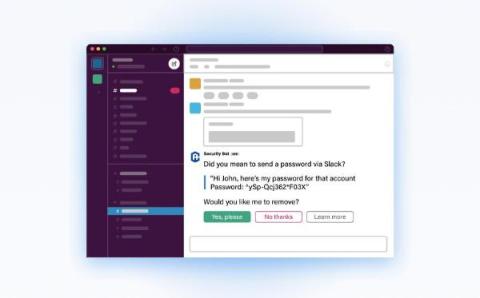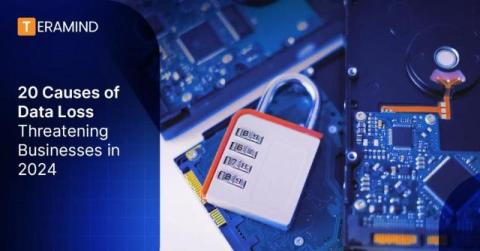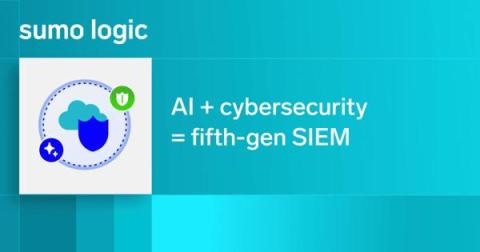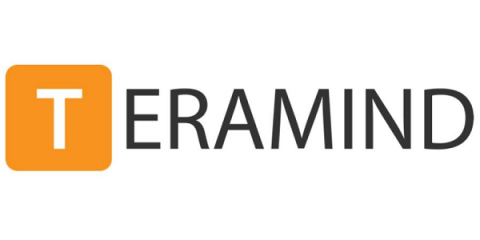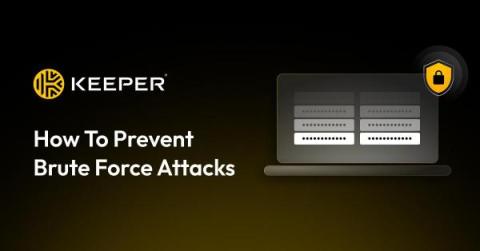Empower Your Finances: Key Tips for Securing Digital Lending Platforms
Securing your digital lending platform has never been more critical in an era where cyber threats are as common as morning coffee. You can't afford to overlook cybersecurity. It's time to take charge, beef up your security measures, and protect your platform loan application process. Unravel the key strategies you must implement, from multi-factor authentication on mobile apps to regular security audits. Stay ahead of the curve and fortify your digital fortress now.



